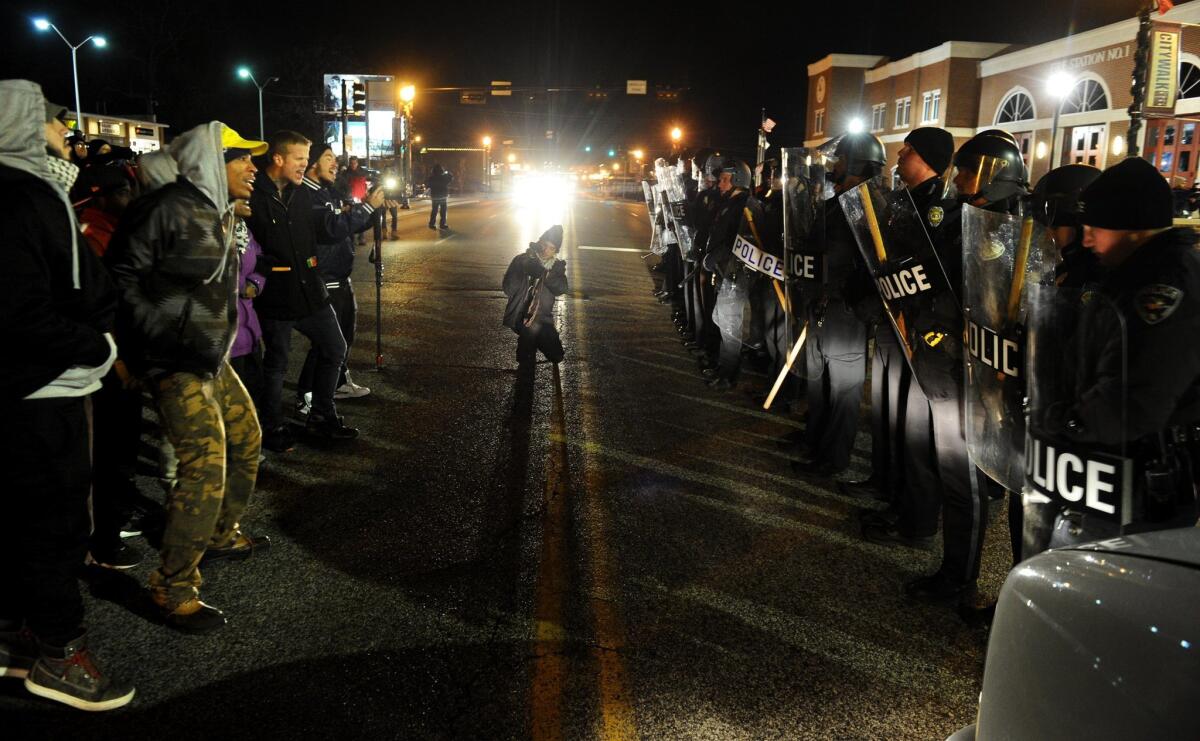Vine was vital for black voices and short-form storytellers

Twitter achieved the miraculous on the morning of Oct. 27: It broke through near-impenetrable election chatter long enough to spark an impromptu memorial for Vine, its short-form video service.
The announcement of the app’s demise, accompanied by news that Twitter would also lay off more than 300 employees in an attempt to make 2017 the company’s first profitable year in its 10-year existence, was instantly greeted by lapsed and longtime users with new Vines and repostings of old favorites, be it the “In the Air Tonight” puppy, the DMX llama or the “I’m Like a Bird” corgi.
But while the loss of Vine could seem on the surface like that of any other failed app, driven into obscurity by newer, shinier options like Facebook Live, Vine’s pending disappearance means the dissolution of so much more, including a space for perfecting short-form storytelling, an entertainment platform for unique and underrepresented voices and an important element in the birth of a social uprising that continues today.
Like flash fiction before it, best represented by the apocryphal Ernest Hemingway six-word story, “For sale: baby shoes, never worn,” the original six-second limitations on the app’s videos forced users to craft concise narratives that capture a slice of life or create a bit of movie magic in a mere moment. It became flash film.
There were also those individuals who used the platform as a path to celebrity.
Canadian singer-songwriter Shawn Mendes rocketed to fame in 2013 after posting himself covering a Justin Bieber song. In the three years since, Mendes signed a record deal and released two albums, “Handwritten” and “Illuminate,” both of which debuted atop the U.S. Billboard 200 album chart.
Though the medium had its share of floppy-haired teenage heartthrob types, one of Vine’s most valuable elements was its ability to serve as a vehicle for voices that are often cut out of the entertainment conversation.
In light of movements such as #OscarsSoWhite, which raised awareness about Hollywood’s difficulty in making meaningful strides toward inclusivity, Vine served as a place where people of color could showcase the brilliance of their culture, their humor and their talents.
The most followed user on the app is Andrew Bachelor, better known as King Bach, whose comedic clips have fueled his success since 2013.
And Bachelor is just one of the many persons of color featured prominently in the top 30 most followed Vine personalities, including Lele Pons, Jerry Purpdrank and David Lopez.
“A lot of the people who are active on these platforms when they start are black people,” Mark S. Luckie, head of journalism and media at Reddit, tells The Times. “We're natural communicators. We're very, very creative people.”
The power of Vine served as a fulcrum for the black community.
“Black Vine is unique in form, but it inherits the legacy of the analog black creative expression that predates it,” Hannah Giorgis wrote in a 2015 column for “The Guardian.” “Black cultural production — from art to music to dance — has always set trends and predicted the nation’s creative landscape, regardless of medium.”
“Whether people know it or not,” Luckie concurs, “these platforms are heavily influenced by this user group that's being relatively ignored.”
Why has Vine, and for that matter Twitter, failed to profit on the built-in audience they had with the African American community?
Luckie, who worked as manager of journalism and news at Twitter from 2012 to 2015, through Twitter’s original acquisition of Vine, attributes the disconnect to a lack of diversity in tech.
“It's hard to develop a product if you don't know how to relate to that audience,” he says.
But even more vital than serving as a platform for talent and entertainment, Vine provided a valuable service in the days before live-streaming apps like Periscope or Facebook Live existed.
St. Louis alderman Antonio French, who rose to prominence with his documentation of the Ferguson, Mo., protests in the wake of the police shooting of Michael Brown in 2014, remembers Vine as foundational to capturing what was happening on the ground in Missouri before the mainstream media arrived.
As remarkable things unfolded before them, French and his compatriots wanted to do more than just tweet what they were seeing.
“Initially, I started out trying to upload the video to YouTube, but the technology just wasn't right for that moment,” French tells The Times. “Then I remembered Vine.”
An app that had languished on French’s phone as a way to document family moments was transformed into a tool that enabled everyone on the front lines in Ferguson to be an embedded reporter.
“Finally, we had something we could upload videos to quickly and share on social media,” French remembers, “their integration with Twitter only helped that.”
When all was said and done, French cobbled together 48 minutes of footage from his Ferguson coverage, Vine and video alike, often captured just six seconds at a time.
In the two years since the events in Ferguson, French’s Vines have been viewed nearly 100 million times.
“People being able to see those videos, those remarkable images, helped the story spread and garner the attention of the national media,” French says.
The loss of Vine may mean little to most, with only 1% of U.S. citizens utilizing the app, compared with the 30% of Americans on Instagram.
But it's also the loss of an artistic outlet, a place to be heard, a way to create six seconds of delight to break through the doldrums of a work day.
More than that, it’s the loss of a platform that allowed people to see firsthand the civil unrest that would birth a movement that defined a generation.
“Those videos helped get our message out about what was happening here in St. Louis,” French says, “and ultimately, helped spark the protest and action we’ve seen across the country.”
Not bad for a silly little app of six-second videos.
See the most-read stories in Entertainment this hour »
Twitter: @midwestspitfire
ALSO
Twitter to slash 9% of its workforce and kill Vine as it tries to eke out a profit
Salesforce rules out Twitter bid
Kim Kardashian's month off social media has led to introspection for the reality show family
The complete guide to home viewing
Get Screen Gab for everything about the TV shows and streaming movies everyone’s talking about.
You may occasionally receive promotional content from the Los Angeles Times.




